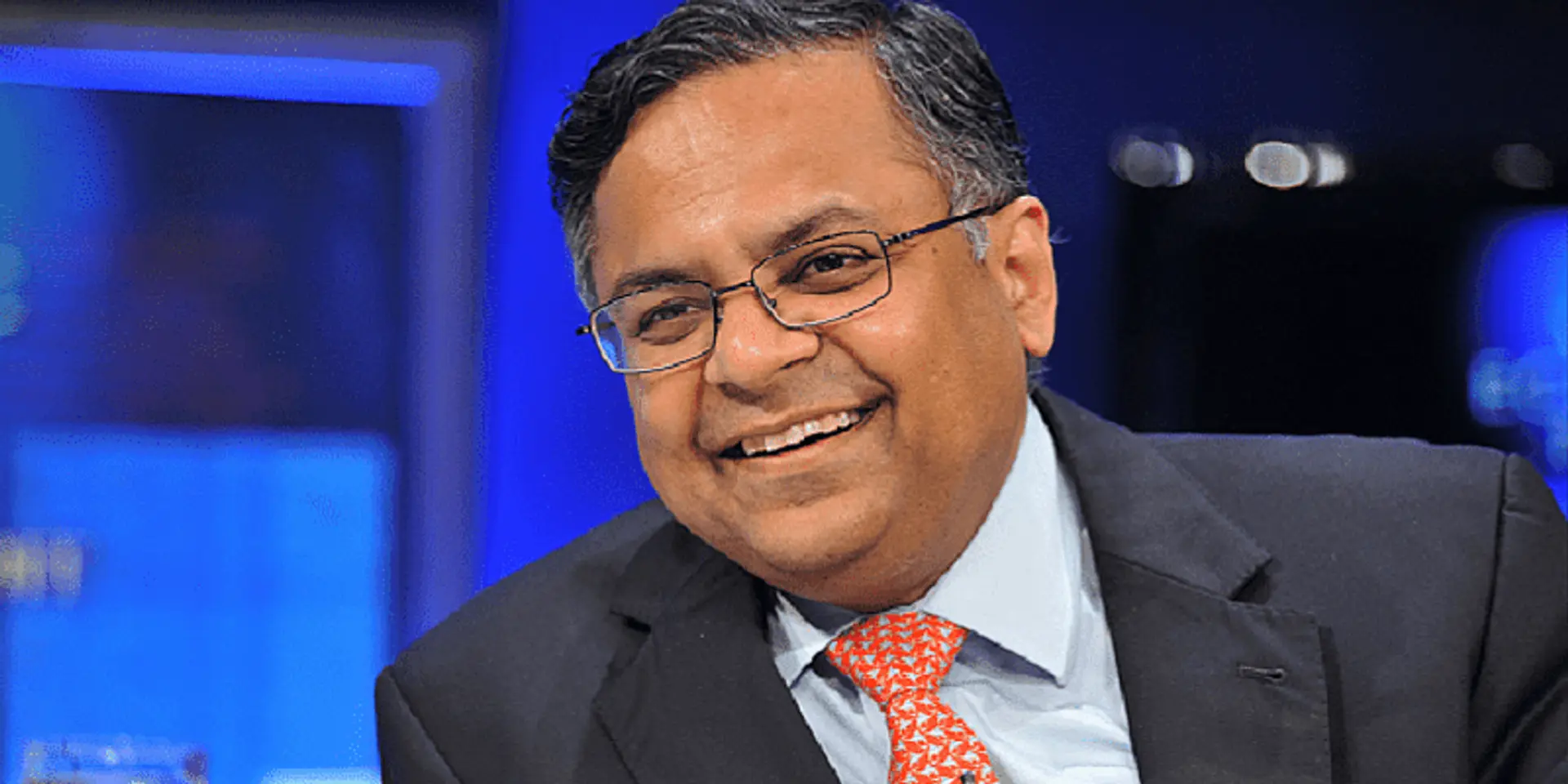RAISE 2020: Experts discuss promoting equality, inclusion, and empowerment through AI on the final day of the summit
At RAISE 2020, industry leaders stress the need for responsible AI to underpin R&D efforts in the domain but also cater to concerns of those at the bottom of the pyramid while developing AI solutions.
Global industry leaders showed confidence that India can become an AI-superpower over the next decade, thanks to the strengths of talent, data, and strong desire to create #AIForAll.
Participating in RAISE 2020 - ‘Responsible AI for Social Empowerment 2020’ virtual summit, experts pitched for an inclusive approach to develop AI tools that cater to the needs of people at the bottom of the pyramid.
“The AI framework and solutions that we build must be for the poor. They must not focus on the elite. AI and AI-based solutions should be given to the common man, and should be used to empower low-skilled manpower in the country,” said N Chandrasekaran, Chairman, Tata Sons, while speaking on the last day of the event.

N Chandrasekaran, Chairman, Tata Sons
Chandrasekaran presented a three-point mantra for the country to emerge as an AI-superpower. “India must invest in AI development, deep-tech capabilities, and design capabilities. The second aspect is that we need to re-imagine all applications with AI, as we move from being an information-driven society to an insights-driven one, from being a process-driven society to becoming a prediction-driven society,” he added.
NITI Aayog CEO Amitabh Kant talked about the country's inherent strengths that are helping it work rapidly to integrate AI across sectors like health, education, agriculture, financial services, manufacturing, and governance, among others.
“The robust digital infrastructure in India, along with a combination of talent, and a diverse, rich, and growing data bank are factors that will help India emerge as a global centre for the development of AI solutions. The real challenge for India is to transform the lives of its billion-plus citizens through technology in general, and AI in particular,” Kant said.
He added that when India solves problems using AI for India, it is not solving for 1.4 billion Indians, but for the next seven billion people of the world, who are moving from poverty to middle class.
Vala Afshar, Chief Data Evangelist, Salesforce, highlighted the myriad uses of AI across sectors, and the unique benefits that it has the potential to provide. “AI is leading to transformational changes in the business. In the post-pandemic world, all companies are technology companies, thanks to a strong desire among consumers to move to the digital medium. Going forward, companies and countries that invest in AI stand to get a decisive edge,” he said.
Afshar added that he foresees India as a future leader in AI, on the back of inherent strengths of talent and data.
“AI has the potential to remove the language barrier so everyone can access knowledge. It can provide personalised learning for all children. And AI is not coming alone. It is coming with a whole suite of technologies. Together, these technologies can transform lives in ways we cannot even imagine today,” said Ajay Sawhney, Secretary, Ministry of Electronics and IT (MeITY).
The National Strategy for Artificial Intelligence (NSAI) highlighted the potential of AI in boosting India's annual growth rate by 1.3 percentage points by 2035 and identified priority sectors for the deployment of AI with the government's support.
RAISE 2020 was organised between October 5 and 9, where over 79,000 stakeholders from academia, research industry, and government representatives from 147 countries participated in the summit.
Edited by Suman Singh







